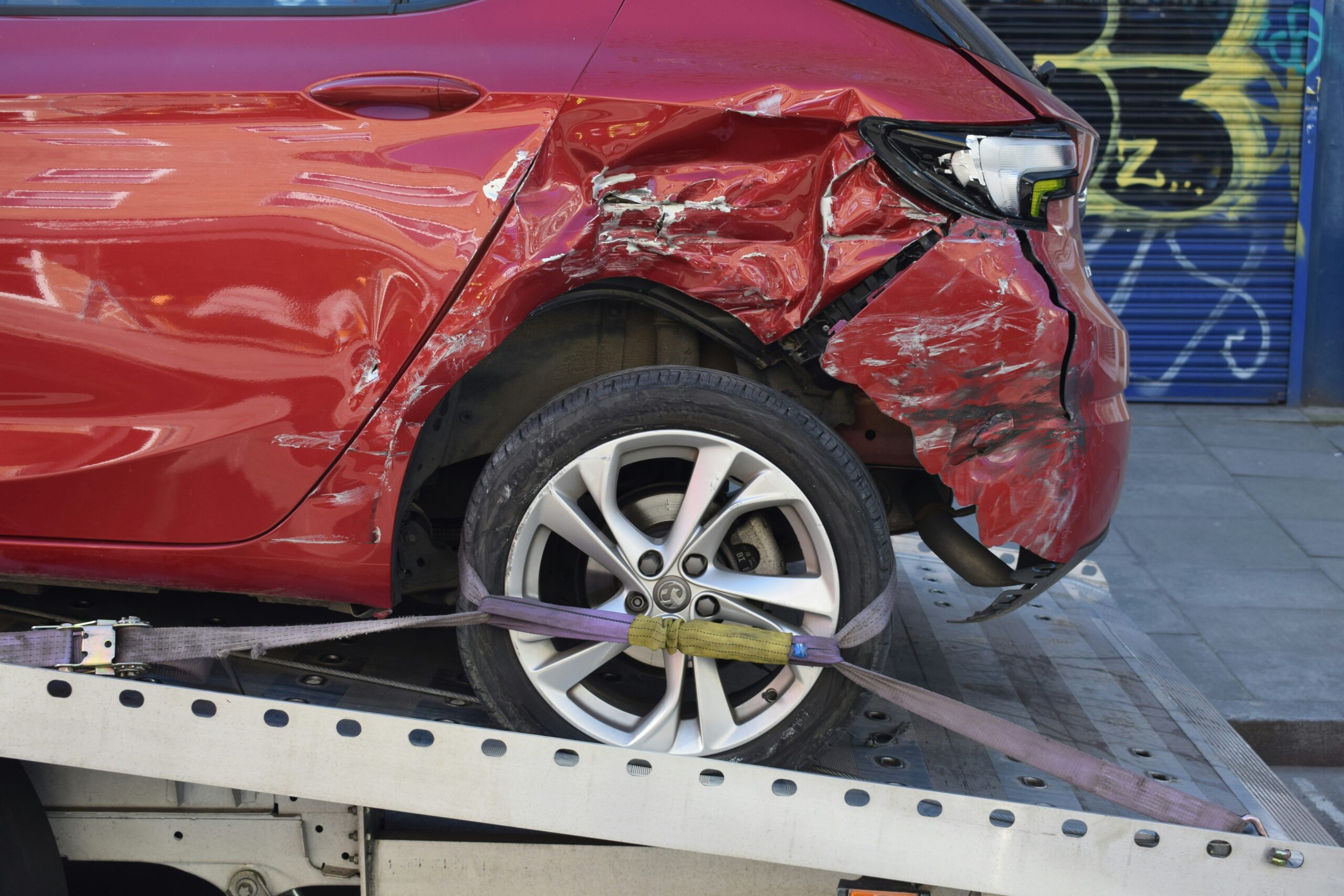The O.C.G.A authorizes police and private property owners to have vehicles towed if they are illegally parked or abandoned in Georgia. The removal fee for a towed passenger vehicle from an impound lot is $175 plus notification fees by the Georgia Department of Public Safety.
- Provide proof of ownership, proof of insurance, a state-issued ID, and pay a towing fee to get your towed vehicle out of a Georgia impound lot.
- Private towing companies must hold a non-consensual towing permit and have a written agreement with the property owner to remove your vehicle from private property.
- Owners of motor vehicles that have been towed have certain legal rights according to the state laws that regulate towing in Georgia.
Georgia towing laws for police
Georgia Code Section 40-6-206 authorizes police to tow a vehicle in the following situations:
- The vehicle is abandoned and left illegally standing on a bridge, tunnel, or highway.
- The vehicle has been reported stolen.
- The vehicle owner has been arrested.
- The vehicle is left unattended for 24 hours and determined to be abandoned.
- The driver admits there is no car insurance on the vehicle.
- The vehicle is illegally parked or obstructing traffic.
What to expect: Vehicles towed by the police end up in an impound lot and will go to auction if not recovered within 30 calendar days.
How to get your car out of an impound lot in Georgia
Contact your local law enforcement agency to find out the impoundment facility where your vehicle is being stowed and how you can get it back.
How much it costs: The current removal fee for a towed passenger vehicle in Georgia shouldn’t exceed $175, although the impound lot can accrue additional fees for storage of the vehicle and more.
Towing fees are regulated by the Georgia Tax Commission’s Nonconsensual Towing Maximum Rate Tariff.
If you’re the owner of the car, you should be able to recover your impounded vehicle during normal business hours after you pay the relevant fees. The fees you’ll need to consider include:
- Towing fees
- Daily storage fees
- Administrative fees
- Transfer charge fees
You’ll also need to show:
- Proof of ownership (like a bill of sale or certificate of title)
- Proof of insurance
- A state-issued driver’s license or ID
If you’re not the owner or you can’t make it to the lot, someone else will have to claim the vehicle. You’ll need all the above documents plus a letter of authorization from the owner.
Georgia towing laws for private property owners
Georgia Code Section 44-1-13 outlines towing laws for the private sector: business owners, landlords, and other owners of private property.
Your vehicle can be towed from private property if:
- You parked on personal property without authorization AND
- A notice was conspicuously posted (easy to see) for at least 24 hours informing you the vehicle may be removed at your expense
The notice can be a posted sign with rules and regulations or even a note on your windshield and must contain the following information:
- Where you can recover your vehicle
- The cost to recover your vehicle (i.e., towing fees and storage costs)
- What types of payment are accepted (cannot be cash only)
That said, private property owners must adhere to the following requirements when working with private towing companies or wrecker services:
- The towing service must hold a non-consensual towing permit (NCT Permit) to tow a vehicle off private property without the owner’s express permission.
- The towing service must have a written agreement with the owner of the property.
Georgia towing laws for parking lots
Private parking lots are governed by the same towing laws that apply to private property owners in Georgia:
- The tow company must have a written agreement with the property owner
- There must be a conspicuously placed notice informing you of the policy
- Tow companies must hold a non-consensual tow permit
Rights for owners of towed vehicles in Georgia
Vehicle owners in the state of Georgia have the following legal rights when it comes to towing:
- Your vehicle can’t be towed if you return to the private property before it’s removed: The wrecker service may charge a fee (usually $75) if your vehicle has already been hooked and loaded. They must return the vehicle if you can produce the ignition key and immediately remove the trespassing vehicle.
- The property owner or authorized agent must be present for your vehicle to be towed: It is illegal for property owners and tow companies to use automatic surveillance to monitor their property.
- You have the right to know where your vehicle has been towed: The property owner should include the location of your car and the hours of operation when you can retrieve it in the conspicuously placed towing notice.
- Storage fees can only accrue after a full 24 hours: You don’t have to pay storage fees for the first 24 hours after your vehicle has been towed. You also can’t accumulate storage fees for any day the business is unavailable for you to pick up your vehicle.
While this isn’t codified in law, you should be allowed at least one trip to your vehicle to recover personal items even if you can’t pay to have your vehicle released.

Cassandra Hamilton is an insurance writer with experience creating content for a variety of industries. Cassandra’s mission is to create clear and concise content that drivers can use to save money on car-related expenses. Though most of the over 500 articles Cassandra has written for Jerry focus on car maintenance and repair topics, her expertise ranges across all things to do with vehicle ownership and insurance. Prior to joining Jerry, Cassandra worked in retail management while pursuing bachelor’s degrees in mass communications and theatre.

Pat Roache is an insurance writer with over two years of experience in the automotive industry. With a focus on car insurance, maintenance, and brand reviews, Pat’s mission is to create engaging and accessible content that empowers readers to take autonomy over their car ownership. As a writer and editor with Jerry, Pat has penned over 600 original articles and edited over 1,000. Pat’s 8+ years of experience in the performing arts as a writer, director, producer, and performer lend to their keen eye for research and presentation. Most recently, Pat’s new English translation of Donizetti’s Italian opera “D[x]n Pasquale” had its world premiere in 2022 with Opera MODO (Detroit, MI). Pat also writes grants for an LGBTQ arts non-profit in Chicago, IL.








